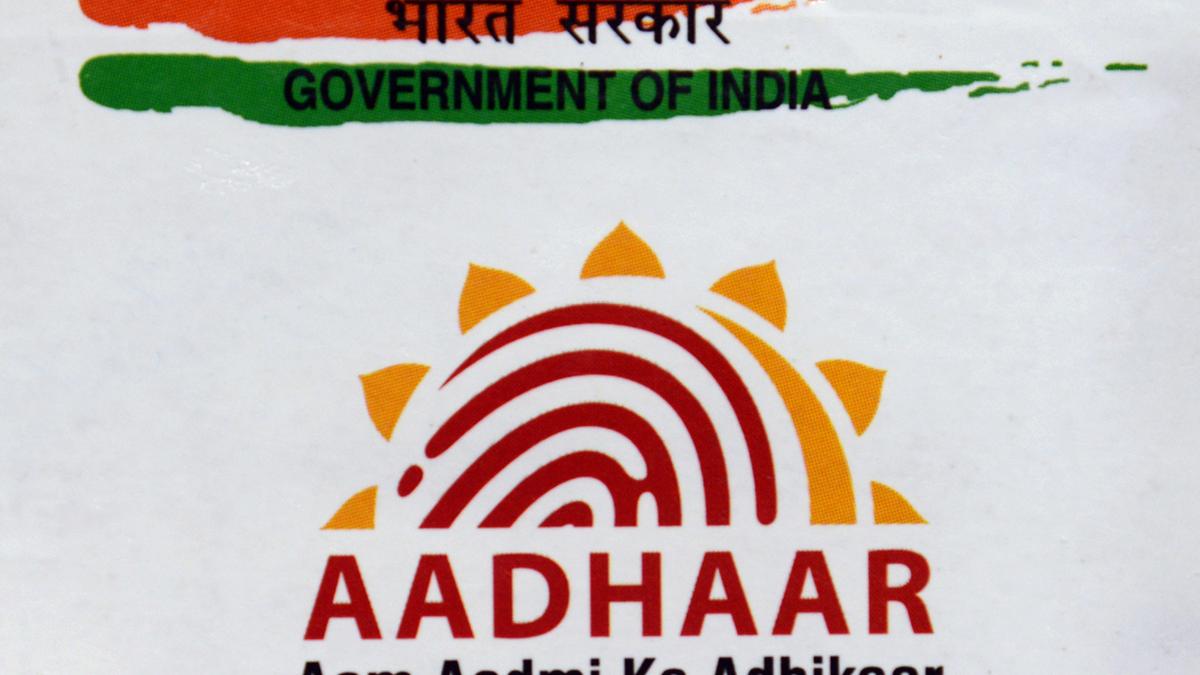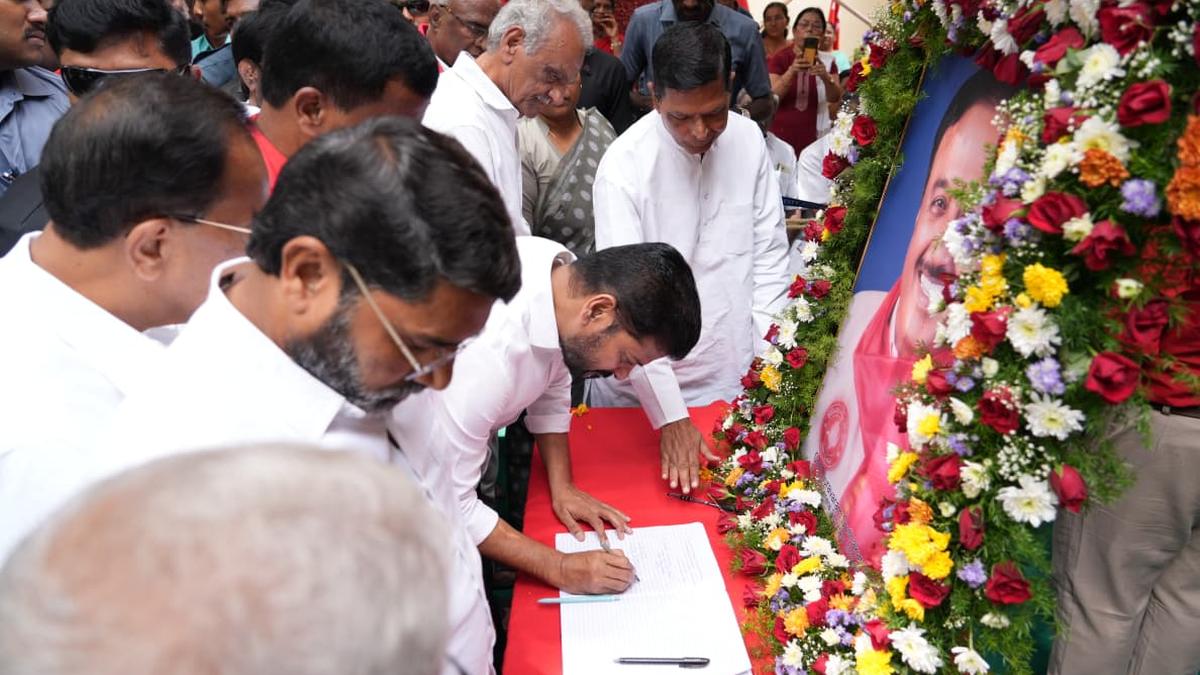Now Reading: BJP: Aadhaar Insufficient for Voter Enrolment
-
01
BJP: Aadhaar Insufficient for Voter Enrolment
BJP: Aadhaar Insufficient for Voter Enrolment

Quick Summary
- The Supreme Court clarified that voters excluded during Bihar’s Special Intensive Revision (SIR) exercise could submit Aadhaar along with other documents but did not deem Aadhaar alone as sufficient proof for voting rights.
- BJP criticized the Opposition for propagating false claims about the usage of Aadhaar adn maintained that it is only a proof of identity and residence, not citizenship.
- The Election Commission defended the SIR as a measure to ensure purity in electoral rolls by removing ineligible entries such as fake, deceased, or foreign names.
- BJP’s IT department head Amit Malviya stated that attributing incorrect interpretations to the Supreme Court amounts to contempt of court.
- He emphasized that Aadhaar cannot replace Section 16 of the Depiction of People (RP) Act or establish citizenship under the Aadhaar Act.
- Approximately 65 lakh voter names have been removed from Bihar’s draft roll under SIR; out of these, 84,305 objections were filed (~1.3%).
Indian Opinion Analysis
The supreme Court’s clear stance on Aadhaar reinforces its limited use strictly for identification purposes during electoral exercises like Bihar’s SIR-a process intended to enhance integrity in voter lists. While criticisms from opposition parties raise concerns regarding disenfranchisement risks, data showing minimal objections compared with deleted entries suggests relatively low impact on voters.
This conversation also brings attention to broader implications surrounding India’s mechanisms for maintaining accurate electoral rolls while adhering to legal standards for citizenship verification. Ensuring clarity through public notice issuance and manageable recourse avenues will be critical moving forward. Balanced discourse avoiding misinformation can help foster trust in constitutional processes among stakeholders.
Read more: The Hindu
Images:
























